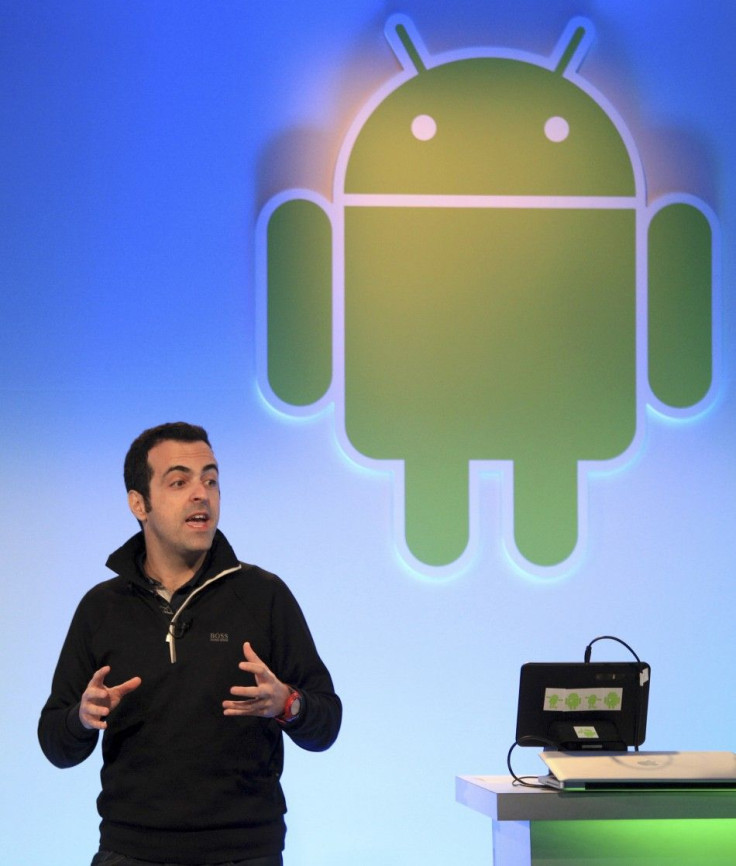Gartner: Nokia Falls Further, Android Grows

A recent report confirms what Stephen Elop, the chief executive at Nokia, said in his now famous memo: Nokia and the Android operating system are moving in opposite directions, and the results are not good for Nokia.
The report, from Gartner, says the Android operating system has increased in market share from 3.0 percent by the end of 2009 to 22.7 percent by the end of last year. Meanwhile, Nokia's Symbian OS market share sunk from 46.9 percent in 2009 to 37.6 percent in 2010. It was even worse for Nokia in the fourth quarter, when it was at 32.6 percent share. The only thing keeping it ahead of Android for the time being was aggregated volume from legacy products Gartner said.
Nokia's mobile device share also fell. It went from 36.4 percent market share in 2009 to 28.9 percent share in 2010. Products from new or up-and-coming manufacturers, or from second-hand dealers, took a large percentage of the mobile device market in 2010. In 2009, this category represented 16.5 percent of the phone market, and by the end of last year, it rocketed up to 30.6 percent.
What we see is an increase in addressable market for mobile device manufacturers as consumers shift their behavior to buying new phones from legitimate channels over second-hand and black market devices, Carolina Milanesi, principal analyst at Gartner, said in a statement.
Besides Nokia's lack of presence in the high-end phone market, white box phones -- unregistered phones that weren't created by a major manufacturer -- were a part of the reason Nokia's year-on-year decline, as Elop wrote in the note.
The shrinkage was reflected in Nokia's last earnings call. The company reported a third straight quarter of falling profits in January, and said margins are expected to get smaller in the first quarter of 2011.
Other smartphone manufacturers like Research In Motion and LG, saw declines as well. RIM's market share went from 19.5 percent in the fourth quarter of 2009 to 13.7 percent in the fourth quarter of 2010. LG's market share decline from 10.1 percent in 2001 to 7.1 percent in 2010.
Apple was much stronger, selling 46.6 million units in 2010, which represented 87.2 percent growth over 2009. Its market share rose from 2.1 percent to 2.9 percent year-over-year. Gartner also made the easy prediction that Apple will get a favorable boost from being available on Verizon Wireless' network. Meanwhile, the report said all smartphone growth came from advanced markets.
Western Europe and North America accounted for 52.3 percent of global smartphone sales in the fourth quarter of 2010, with smartphones accounting for close to half of all handsets sold in these regions, Roberta Cozza, principal research analyst at Gartner, said in a statement.
To contact the reporter responsible for this story call (646) 461 6920 or email g.perna@ibtimes.com.
© Copyright IBTimes 2025. All rights reserved.



















